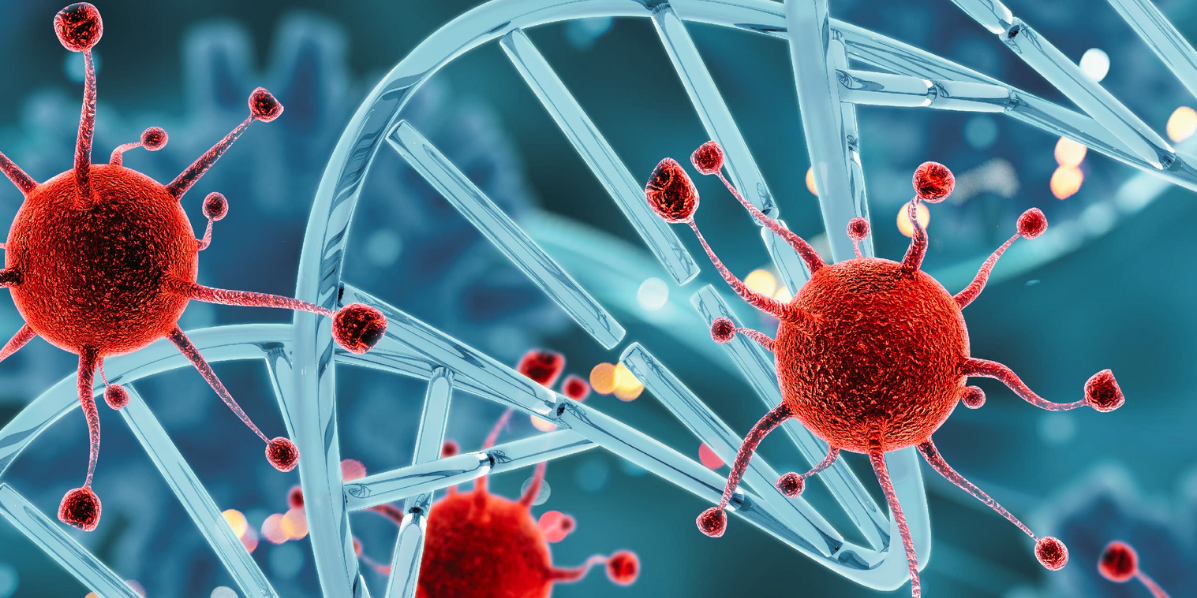See the most recent findings that underscore the need of tackling antimicrobial resistance, demonstrating the spread of microorganisms resistant to several drugs from pets to people. Learn about the potential effects on public health as well as preventative steps pet owners may take to reduce the risk.
Following to a research posted by the European Society of Clinical Microbiology and Infectious Diseases (ESCMID), there is a risk that ill cats, dogs, and their owners in Portugal and the UK might spread “multidrug-resistant” germs. Significant consequences for public health originate from this finding, which underlines a possible role of animals in the spread of deadly pathogens.
Acknowledging the Research
The recent finding may clarify how antimicrobial resistance (AMR) bacteria spread from pets to people. The study was headed by Juliana Menezes from the University of Lisbon in Portugal. It highlights how this transmission must be tackled in order to successfully address AMR in populations of both humans and animals.
The Danger of Resistance to Antimicrobials
Annually, more than 1.2 million people died from drug-resistant illnesses, creating antimicrobial resistance an imminent threat to global health. By 2050, the World Health Organization (WHO) projects that this number will rise to 10 million if nothing is done. Essential drugs can grow less effective as a result of the rise of germs that are resistant to drugs, making illness treatment even more difficult.
Approach and Results of the Study
In Portugal and the UK, skin swabs from dogs, cats, and their owners were analyzed together with both feces and urine samples. In particular, the group focused on Enterobacterales, a class of bacteria that includes diseases like Klebsiella pneumoniae and E. coli and is infamous for becoming immune to standard antibiotics.
Based to the findings, caressing, touching, kissing, and handling excrement are just a few of the ways that germs may spread from dogs to people. The significance of maintaining proper hygiene, such as cleaning up after dogs or washing hands after contact with them, is made apparent by this.
Consequences for Owners of Pets
These results emphasize the importance of taking preventative actions to stop the spread of germs to pet owners. Reducing the risk of infection may be achieved by following simple habits like routinely washing your hands after touching dogs or their feces. Further measures to stop the spread of germs include keeping ill dogs inside the home and thoroughly cleaning infected locations.
Verdict
Human and animal health are closely related, as shown by the finding of multidrug-resistant bacterial transmission between pets and people. In order to reduce the danger of antibiotic resistance and protect the public’s health, it is imperative to address this transmission.



